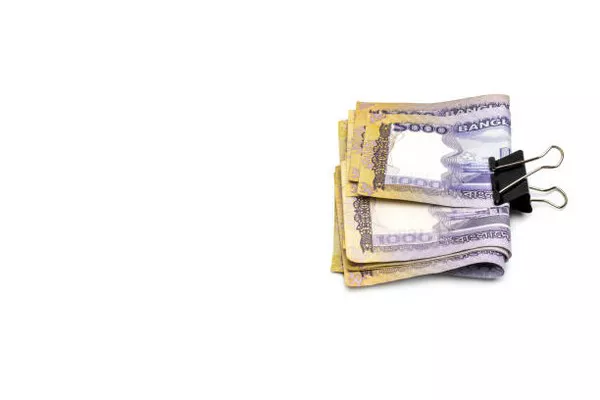In recent years, Bangladesh has experienced a persistent trend of a high dollar exchange rate, creating both challenges and opportunities for the economy. The exchange rate, particularly the strength of the US dollar against the Bangladeshi Taka, plays a crucial role in shaping the economic landscape of the country. In this article, we will delve into the various factors contributing to the high dollar rate in Bangladesh, shedding light on the complexities of the situation.
Trade Imbalance:
One of the primary drivers of the high dollar rate in Bangladesh is the persistent trade imbalance. The country heavily relies on imports, especially for essential goods such as oil, machinery, and raw materials for its thriving textile industry. The trade deficit, where the value of imports exceeds exports, puts pressure on the demand for foreign currency, particularly the US dollar. As a result, the Taka depreciates against the dollar, contributing to the overall high exchange rate.
Remittances:
While remittances from overseas Bangladeshis are a significant source of foreign currency inflow, they may not be sufficient to offset the trade deficit entirely. The remittance inflow has indeed increased in recent years, but the growing demand for imports often outpaces the foreign currency inflow, leading to a continued pressure on the exchange rate.
Global Economic Factors:
Bangladesh, like any other nation, is not immune to global economic trends. Fluctuations in the global economy, especially changes in interest rates and commodity prices, can impact the exchange rate. The US Federal Reserve’s monetary policy decisions, for instance, can influence the value of the US dollar, thereby affecting the exchange rate in Bangladesh. Global economic uncertainties, such as geopolitical tensions and trade disputes, can also contribute to a volatile exchange rate.
Foreign Direct Investment (FDI) and Portfolio Investment:
Investments, both foreign direct investment (FDI) and portfolio investment, play a vital role in determining the exchange rate. A lack of substantial foreign investments in Bangladesh can lead to a shortage of foreign exchange reserves, impacting the country’s ability to stabilize its currency. Encouraging and facilitating foreign investments can help mitigate the pressure on the exchange rate.
Inflation Differentials:
Inflation differentials between Bangladesh and its major trading partners can influence the exchange rate. If inflation is higher in Bangladesh compared to its trading partners, the real value of the Taka decreases, making imports more expensive and contributing to the high dollar rate. Effective monetary policies aimed at controlling inflation are crucial to maintaining a stable exchange rate.
Speculative Activities:
Speculative activities in the foreign exchange market can contribute to the volatility of the exchange rate. Traders and investors, anticipating future movements in the exchange rate, may engage in speculative activities that can exacerbate fluctuations. Regulatory measures to monitor and control speculative activities can help stabilize the currency market.
Central Bank Reserves:
The level of foreign exchange reserves held by the central bank is a critical factor in determining the exchange rate. A robust reserve position allows the central bank to intervene in the foreign exchange market, buying or selling currencies to stabilize the exchange rate. Insufficient reserves can limit the central bank’s ability to manage the currency effectively.
See Also: What Is The Currency Of Qatar?
Conclusion:
The high dollar rate in Bangladesh is a multifaceted issue influenced by a combination of domestic and global factors. Addressing this challenge requires a comprehensive and coordinated approach involving fiscal, monetary, and trade policies. Efforts to enhance export competitiveness, attract foreign investments, and strengthen the country’s economic fundamentals are essential. Additionally, effective management of foreign exchange reserves and proactive measures to control inflation can contribute to a more stable exchange rate, fostering economic growth and resilience in the face of global economic uncertainties. As Bangladesh navigates these challenges, a strategic and adaptive approach will be crucial in maintaining a balance between domestic economic priorities and the demands of the international market.


